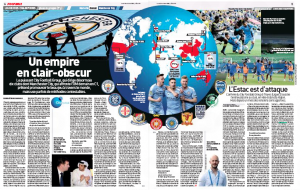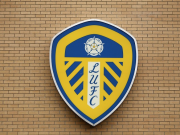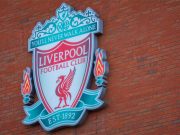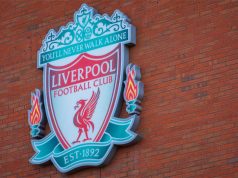With a hectic schedule due to the Covid-19 pandemic, teams are going from game to game every few days, with the next Champions League fixture already upon us.
Manchester City will face Marseille, a team determined to prove themselves in the competition, even if their first game ended in a disappointing loss to Olympiakos.
Ahead of this fixture, L’Equipe in France have a sort of exposé on the Cityzens and the City Football Group, who have a number of teams under their umbrella.
As well as Pep Guardiola’s side, the holding company have shares in nine other clubs, the latest of which became Troyes AC in Ligue 2 back in September.
These clubs allow CFG to expand both their marketing and their player network, giving them opportunities to loan or transfer footballers within it and save fees along the ways.
This is explained by Renaud Régner, an associated partner for EY, who have worked on club purchases in the past.
He said: “By favouring player movement within their affiliated clubs, CFG limits the sporting risks, since these players have been followed for a long time by the managers within the group, who know their potential.
 “These internal moves can also generate great savings when you look at what agent commissions come to these days on today’s market”.
“These internal moves can also generate great savings when you look at what agent commissions come to these days on today’s market”.On paper, it’s smart, and L’Equipe explain UEFA wouldn’t really be able to penalise anyone should Manchester City sign one of Troyes’ promising youngsters at ‘mates rates’.
But, there’s also the hidden aspect of it all, which the French newspaper label ‘questionable methods’ to ‘circumvent FFP’ when presenting the article, explained by Christophe Lepetit from the CDES at Limoges University.
He said: “These moves within the CFG don’t contribute to the financial transparency of the football world as they could potentially be accompanied by obscure transitions between different affiliate clubs of the groups. To avoid them, UEFA would need to have a financial intelligence unit in the future specialising in this kind of complex monetary flows”.
An example of this was, for example, Manchester City’s attempts to sign Lionel Messi during the Argentine’s contractual dispute with Barcelona, which L’Equipe say would have been a five year contract, with his final two seasons to be spent at New York City FC.
Upon his arrival in America, it’s claimed he would have received a signing fee of €250m, which the French newspaper describe as the ‘kind of arrangement that looks a lot like a ‘friendly middle finger’ to FFP’.
It never happened, but it’s exactly the kind of deal that could leave a few eyebrows raised when it comes to the City Football Group, and what L’Equipe’s point was when writing the article.

























